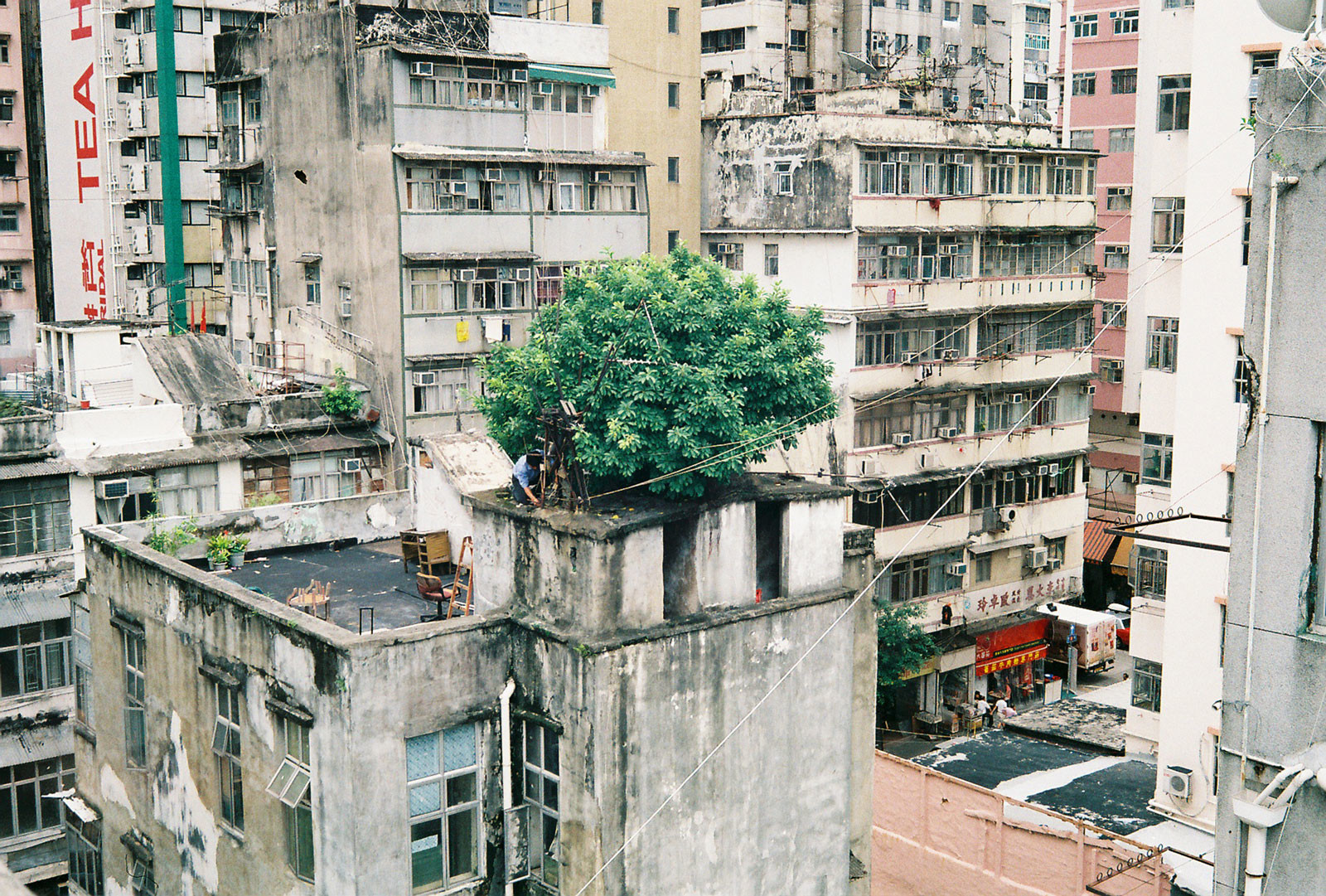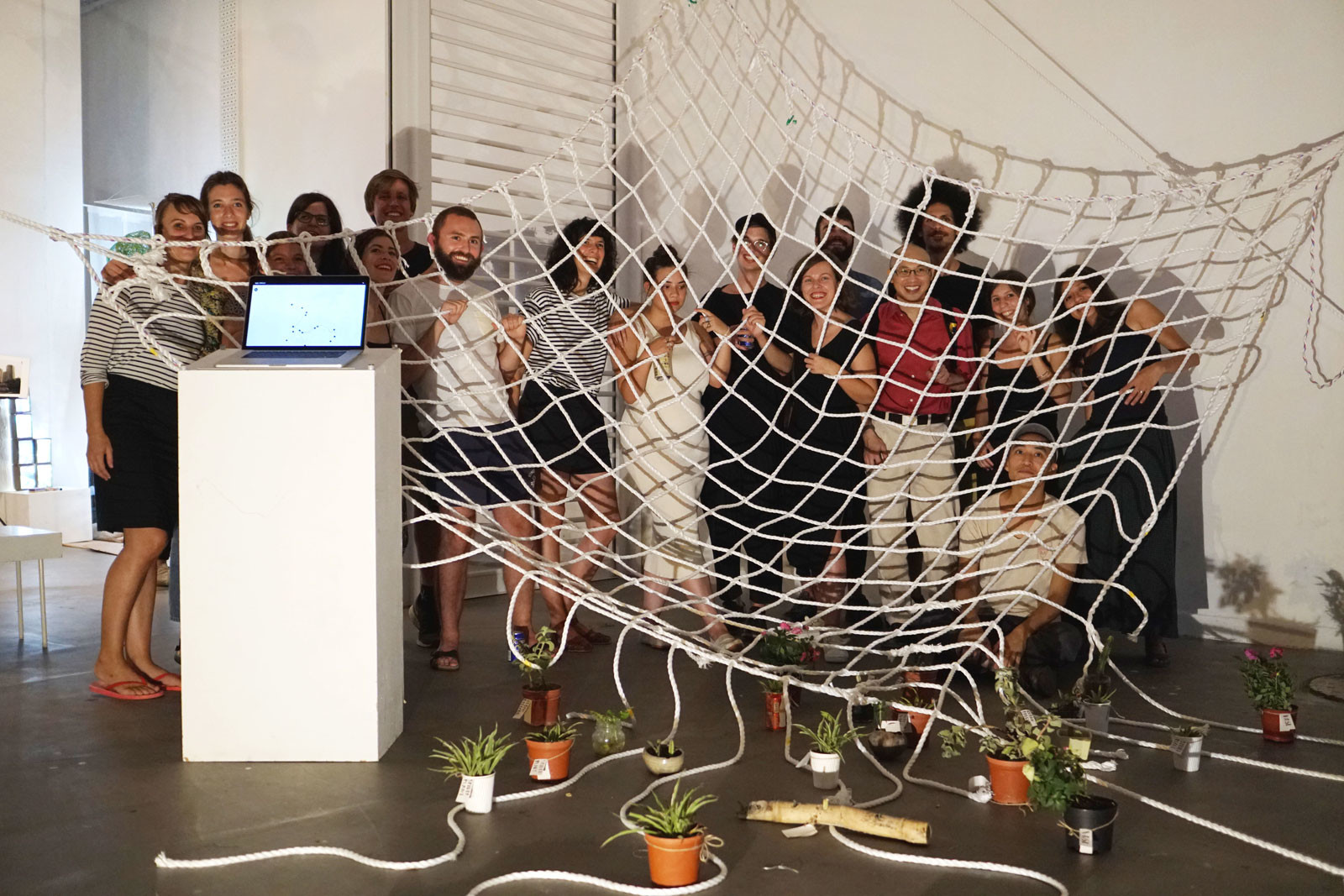International Design Workshop, «Cities & Nature(s) — Thinking Beyond»
September 2017
Nature in urban centres has become an added value for life quality. Habitat from an anthropological perspective has evolved into something that city dwellers strive for: a biotope of urban life with comfortable access to exciting experiences in nature. A contradictory idea of what nature is. On one hand it should be wild and unspoilt, and on the other hand accessible, safe and easy to maintain. To satisfy these expectations planners started to design nature. To design path systems, public furniture, to import flora and fauna from unusual places. «Sustainability» and «ecology» became buzzwords as concepts that reflect lifestyle habits and consumerist behaviour.
But is nature in and around cities not part of a natural environment subjected to social influences? And are cities not both, a social and an environmental construct? Even so, in recent times, design studies have frequently ignored the essential qualities of nature as a physical and material element of cities, where nature is shaped and controlled by and in the city, as well as by its citizens[1]. Cities as an ecological, social, economic and political system, and our daily lives are both undeniably shaped by environmental issues and urban concerns. Nature is an integral part of our cities, and has to correspond to various requirements of urban life and planning.
«Cities and Nature(s) — Thinking Beyond» is a teaching project that investigates the relationship between cities and nature from a designer’s perspective. Focusing on the unlike cities of Zurich and Hong Kong, as far as their historical, environmental or cultural realities are concerned. The project explores the way in which cities and citizens perceive, define and use nature with the objective to identify potentials and challenges, and to come up with speculative concepts.
The International Design Workshop offers the master students the possibility to participate in an interdisciplinary and intercultural programme with the intention of investigating a specific topic, in an unfamiliar environment with local professionals from different backgrounds, in order to learn new strategies as well as methods related to design, arts and science.
The workshop took place in Hong Kong from September 11–22, 2017 and was in collaboration with Chinese landscape architecture students of Birmingham City University and Hong Kong residents.
→ Workshop publication: The publication documents the project and presents the results developed in Hong Kong

